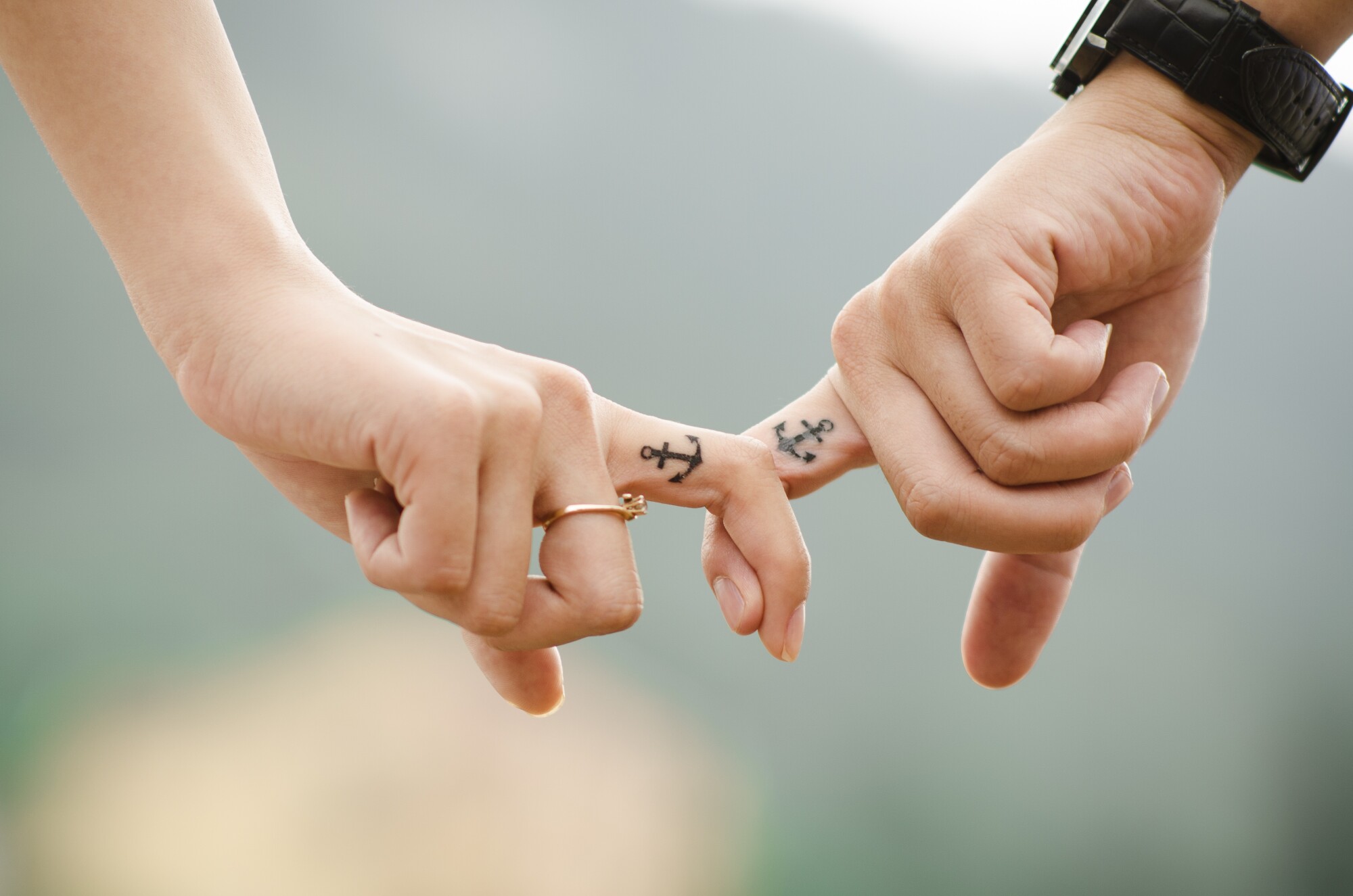How DIY Tattoo Skills Will Kill Your Business

As inking tools have become more and more affordable and accessible, the popularity of the DIY tattoo is on the rise. Whether it’s a stick n poke tattoo or done with mediocre equipment, these DIY tattoos present some serious risks. Not only in terms of health and safety but also regarding the future career of fledgling tattoo artists.
In this article, we’ll be looking at the rise of DIY tattoos and the risks they present, as well as what options there are instead.
What Are DIY Tattoo Skills?
The tattoo industry has never been more popular as a career choice. Tattoos have become more socially acceptable, meaning custom is through the roof. An estimated 30% of Americans now have a tattoo, and this figure is on the rise as younger generations are more likely to get a tattoo than older generations.
What all this means is the industry is booming. Many young artists are desperate to get into it but are unsure how.
The traditional route to a career as a tattoo artist was through apprenticeships and experience. But despite the rise in tattoo parlors across the United States, these opportunities are hard to come by. This problem has been amplified as many tattoo studios have been forced to close their doors due to Covid changes.
The lack of viable entry paths into the career has led to a rise in DIY tattooing. This is where young artists buy equipment and tattoo at home, learning as they go.
It all sounds like it could be pretty harmless on the face of it. After all, we all have to start somewhere, right?
The reality is DIY tattoos present significant risks to health and reputation.
What Are the Health Risks of DIY Tattoos?
The most obvious risk of DIY tattoos is the health risks. Without proper technique and sanitization, those getting tattooed are at risk of many different infections.
Without proper sterilization, the risks of any needles are significant. Common bloodborne diseases include MRSA, hepatitis B, and hepatitis C.
Both types of hepatitis, while treatable, are not curable. Meanwhile, MRSA is what’s known as a superbug. This type of bacterial infection is very difficult to treat as it is antibiotic-resistant, so those who catch it can have symptoms for some time.
Diseases from needles aren’t the only risk if proper tattoo health regulations aren’t followed. Many people suffer allergic reactions to the type of ink used, particularly poor quality, cheap inks available to order online.
Improper technique can also cause scarring, also known as keloids. These scars are raised and appear around the edge of tattoo ink. Some people are prone to these scars, but they can also be caused by poor tattooing techniques.
If clients aren’t advised on proper aftercare for tattoos, they’re also at risk of skin infections. Not only will this result in medical expenses, but the tattoo will heal poorly.
Due to all these health risks, in almost all states, excluding Nevada, it’s illegal to tattoo at home. Almost all states require tattoo artists to hold a certificate or license of some sort. The majority of these licenses are only applicable for tattoo artists in a specific studio or parlor.
The Risks of DIY Tattoos for New Artists
From the above, some of the risks to your potential new career should be obvious. If you practice DIY tattoos on your friends and they end up with a health complication due to it, you could be stuck with the medical fees associated. Even worse, you could end up with a lawsuit.
You’re also liable to be fined and even jailed for tattooing without a license or proper certification in most states. Punishments vary a lot. For example, in California, illegal tattoo artists are fined a maximum of $1000, while in Florida, tattooing without a license is a second-degree misdemeanor, and illegal artists face a jail sentence of up to two months.
If medical bills, lawsuits, fines, and jail time aren’t enough to deter you, DIY tattooing can also ruin your reputation down the line.
So much of a tattoo artist’s career is dependent on reputation. Potential new customers look for reviews, word-of-mouth recommendations, and examples of previous work to decide who to book with.
For artists who lack the proper training and experience, in almost all instances, their work is of poor quality. This is understandable as they lack the proper tattoo artist’s tools, knowledge of techniques, and skills necessary to produce beautiful tattoos that last.
The above is the best-case scenario. For many others, the poor quality work and subsequent negative word-of-mouth recommendations and reviews will follow them around their entire career.
What’s the Alternative?
If you’ve been searching around for a tattoo apprenticeship with no luck, you’ll be relieved to hear it’s not the only route to become a tattoo artist anymore.
Thanks to the increased demand in the industry, there are many viable options to learn to tattoo professionally. One of these is to head of one of the many great tattoo academies available, like Florida Tattoo Academy.
Here new artists are taught by professional and experienced tattoo artists with state-of-the-art equipment. You’ll learn everything you need to know about tattooing, including:
- History of tattoos
- Art styles and techniques
- Tattoo best practices
- Skin biology
- Tattoo technology and maintenance
- Tattooing techniques
- How to run a tattoo studio
- Artistry ethics
- Client care
- Marketing
Start Your New Career Today
While there are many reasons DIY tattoos are on the rise, the simple fact is they not safe and often poor quality. At best, you’ll end up with a poor portfolio of initial work. At worst, you’ll end up with hefty fines and even jail time.
If you’re looking to enter a career as a tattoo artist, we can help. We offer a regulated and safe route to full certification as a tattoo artist. Get in touch to find out more.
